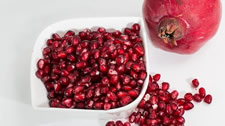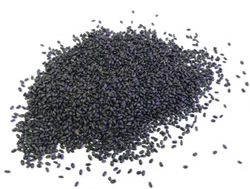 The Department of Agriculture and Water Resources (DAWR) has beefed up its inspection regime for frozen pomegranates imported from Egypt following an outbreak of Hepatitis A linked to the product.
The Department of Agriculture and Water Resources (DAWR) has beefed up its inspection regime for frozen pomegranates imported from Egypt following an outbreak of Hepatitis A linked to the product.
According to the Department, at least seven cases of hepatitis have been linked to the pomegranates in NSW, with suspected cases in the ACT, Queensland and Western Australia.
“We will commence 100 per cent inspection and testing of all imports of this product as quickly as possible,” the Department said.
It said fresh pomegranate and Australian-grown frozen pomegranate products were not implicated in the outbreak.
“Australia has a robust risk-based system for screening imported foods to ensure they meet our high standards for food safety,” the Department said.
It said it would continue to closely monitor the situation in consultation with NSW authorities.
“We have been advised that affected products have been removed from shelves,” the Department said.
NSW Health said it advised consumers who had purchased imported frozen pomegranate from Coles supermarkets to not consume the product.
Director of Communicable Diseases at NSW Health, Dr Vicky Sheppeard said NSW Health was working with the NSW Food Authority to confirm if the infection could be definitively linked to the Coles product.
“Symptoms of Hepatitis A take from 15 to 50 days to develop,” Dr Sheppeard said.
“It is caused by a virus that spreads in contaminated food or through poor hygiene.”
She said symptoms may include nausea, vomiting, fever and yellowing of the skin, dark urine and pale stools.
“People who have eaten frozen pomegranate from Coles should consult their local doctor as early as possible should symptoms appear,” Dr Sheppeard said.
She said those who had consumed the product in the past two weeks might benefit from Hepatitis A vaccination, if not already protected.











